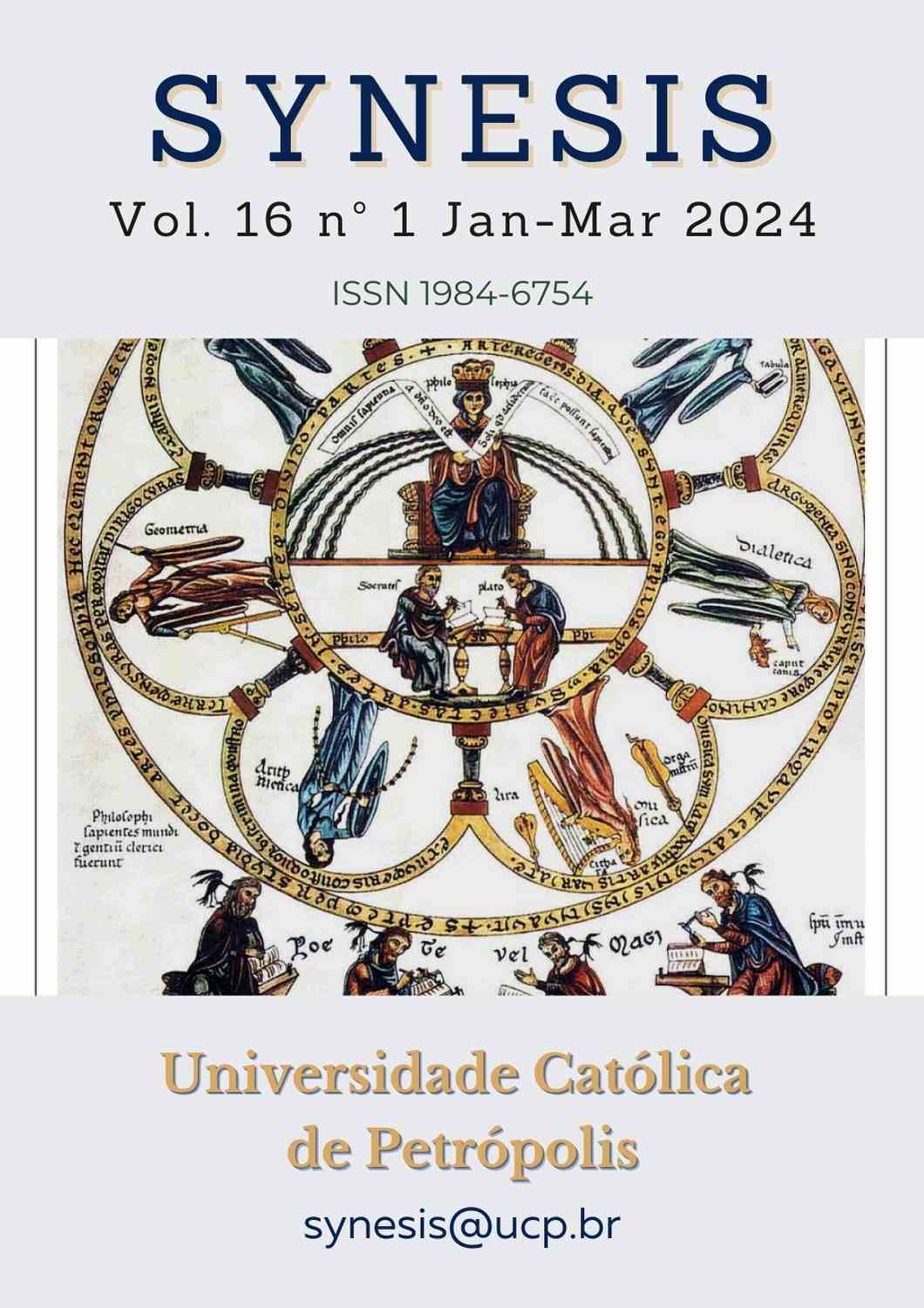Abstract
This article presents an in-depth exploration of the multi-faceted dimensions surrounding the utilization of ChatGPT in the process of academic article writing. Drawing from interviews with 19 journal editors and managers, this study employs grounded theory methodology to comprehensively analyze the data, leading to the identification of three overarching categories: opportunities, challenges, and strategies. In the realm of opportunities, the research uncovers the potential for ChatGPT to enhance the efficiency of article writing, significantly reducing costs and expediting peer review processes. Furthermore, it sheds light on the capacity of ChatGPT to provide specialized linguistic support, particularly benefiting non-native English-speaking scholars, fostering global academic collaboration, and elevating the quality of scholarly work through more detailed analyses. Conversely, the study explores the challenges posed by ChatGPT, particularly concerning plagiarism, authenticity, and the potential loss of human touch in academic writing. It highlights the ethical dilemma of distinguishing between AI-generated content and human-original thought. In response to these challenges, the article discusses strategies for the ethical implementation of ChatGPT, emphasizing transparent and responsible use, human oversight, and potential legal measures.
References
AlAfnan, M. A., Samira Dishari, Marina Jovic, & Koba Lomidze. (2023). ChatGPT as an Educational Tool: Opportunities, Challenges, and Recommendations for Communication, Business Writing, and Composition Courses. Journal of Artificial Intelligence and Technology, 3(2), 60–68. https://doi.org/10.37965/jait.2023.0184
Alkaissi, H., & McFarlane, S. I. (2023). Artificial hallucinations in ChatGPT: implications in scientific writing. Cureus, 15(2). DOI: 10.7759/cureus.35179
Ariyaratne, S., Iyengar, K.P., Nischal, N. et al. A comparison of ChatGPT-generated articles with human-written articles. Skeletal Radiol 52, 1755–1758 (2023). https://doi.org/10.1007/s00256-023-04340-5
Chapman, A. L., Hadfield, M., & Chapman, C. J. (2015). Qualitative research in healthcare: an introduction to grounded theory using thematic analysis. Journal of the Royal College of Physicians of Edinburgh, 45(3), 201-205.
Charmaz, K. (2014). Constructing grounded theory. sage.
Dergaa, I., Chamari, K., Zmijewski, P., & Ben Saad, H. (2023). From human writing to artificial intelligence generated text: examining the prospects and potential threats of ChatGPT in academic writing. Biology of Sport, 40(2), 615-622. https://doi.org/10.5114/biolsport.2023.125623
Davoudi, S., Fazlzadeh, A., Fallahi, F., & Asgharpour, H. (2018). The impact of oil revenue shocks on the volatility of Iran’s stock market return. International Journal of Energy Economics and Policy, 8(2), 102-110.
Fitria, T. N. (2023). Artificial intelligence (AI) technology in OpenAI ChatGPT application: A review of ChatGPT in writing English essay. ELT Forum: Journal of English Language Teaching, 12(1), 44-58. https://doi.org/10.15294/elt.v12i1.64069
Gao, C.A., Howard, F.M., Markov, N.S. et al. Comparing scientific abstracts generated by ChatGPT to real abstracts with detectors and blinded human reviewers. npj Digit. Med. 6, 75 (2023). https://doi.org/10.1038/s41746-023-00819-6
Imran, M., & Almusharraf, N. (2023). Analyzing the role of ChatGPT as a writing assistant at higher education level: A systematic review of the literature. Contemporary Educational Technology, 15(4), ep464. https://doi.org/10.30935/cedtech/13605
Jerjes, W., Hamoudi, R., & Hopper, C. (Eds.). (2018). The Power of Research: Best Practices and Principles in Research Integrity and Publication Ethics. Kugler Publications.
Johansson, I. R. (2023). A Tale of Two Texts, a Robot, and Authorship: a comparison between a human-written and a ChatGPT-generated text.
Khalil, M., & Er, E. (2023). Will ChatGPT get you caught? Rethinking of plagiarism detection. arXiv preprint arXiv:2302.04335.
Lund, B. D., Wang, T., Mannuru, N. R., Nie, B., Shimray, S., & Wang, Z. (2023). ChatGPT and a new academic reality: Artificial Intelligence‐written research papers and the ethics of the large language models in scholarly publishing. Journal of the Association for Information Science and Technology, 74(5), 570-581.
M. Mijwil, M., Hiran, K. K., Doshi, R., Dadhich, M., Al-Mistarehi, A.-H., & Bala, I. (2023). ChatGPT and the Future of Academic Integrity in the Artificial Intelligence Era: A New Frontier. Al-Salam Journal for Engineering and Technology, 2(2), 116–127. https://doi.org/10.55145/ajest.2023.02.02.015
Mondal, H., Mondal, S., & Podder, I. (2023). Using ChatGPT for writing articles for patients’ education for dermatological diseases: A pilot study. Indian Dermatology Online Journal, 14(4), 482-486.
Nosrati, S., Sabzali, M., Heidari, A. & Sarfi, T. (2020). Chatbots, counselling, and discontents of the digital life. Journal of Cyberspace Studies, 4(2), 153-172. https://doi.org/10.22059/jcss.2020.93910
Sabbar, S.; Masoomifar, A. & Mohammadi, S. (2020). Where We Don’t Know How to be Ethical: A Research on Understanding Plagiarism. Journal of Iranian Cultural Research 12 (3), 1-27. doi:10.22035/jicr.2019.2243.2747
Sabzali, M., Sarfi, M., Zohouri, M., Sarfi, T., & Darvishi, M. (2022). Fake News and Freedom of Expression: An Iranian Perspective. Journal of Cyberspace Studies, 6(2), 205-218. doi: 10.22059/jcss.2023.356295.1087
Sarfi, M.; Sarfi, T.; Aris, S.; Zohouri, M.; Aeini, B. (in press). Religion and Migration: An Iranian Survey. Migration Letters.
Sarfi, T., Nosrati, S. & Sabzali, M. (2021). The new celebrity economy in cyberspace. Journal of Cyberspace Studies, 5(2), 203-228. https://doi.org/10.22059/jcss.2021.93903
Sarfi, T., Nosrati, S., & Sabzali, M. (in press). Trust, Information, and COVID-19 Conspiracy Theories: Cross-Cultural Implications for Crisis Management and Public Health. Migration Letters.
Shackelford, S., Trautman, L. J., & Voss, W. G. (2023). How We Learned to Stop Worrying and Love AI: Analyzing the Rapid Evolution of Generative Pre-Trained Transformer (GPT) and its Impacts on Law, Business, and Society. Business, and Society (July 20, 2023).
Shahghasemi, E., Sabbar, S., Zohouri, M., & Sabzali, M. (2023). New Communication Technologies and the Demise of ‘Natural’ Education. Digitalization and Society Symposium, Istanbul.
Thornberg, R., Perhamus, L., & Charmaz, K. (2014). Grounded theory. Handbook of research methods in early childhood education: Research methodologies, 1, 405-439.
Zohouri, M., Darvishi, M. & Sarfi, M. (2020). Slacktivism: A critical evaluation. Journal of Cyberspace Studies, 4(2), 173-188. HTTPS://DOI.ORG/10.22059/JCSS.2020.93911
Zohouri, M., Darvishi, M., Sarfi, M., Nosrati, S. & Zamani, M. (2021). Google’s University? An exploration of academic influence on the tech hiant's propaganda. Journal of Cyberspace Studies, 5(2), 181-202. HTTPS://DOI.ORG/10.22059/JCSS.2021.93901.

This work is licensed under a Creative Commons Attribution-NonCommercial-NoDerivatives 4.0 International License.
Copyright (c) 2023 Synesis (ISSN 1984-6754)

